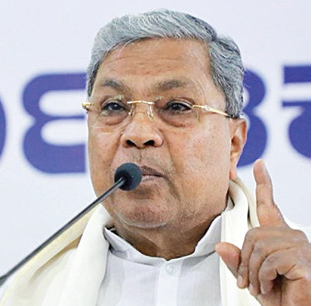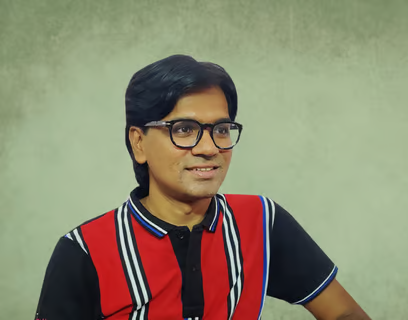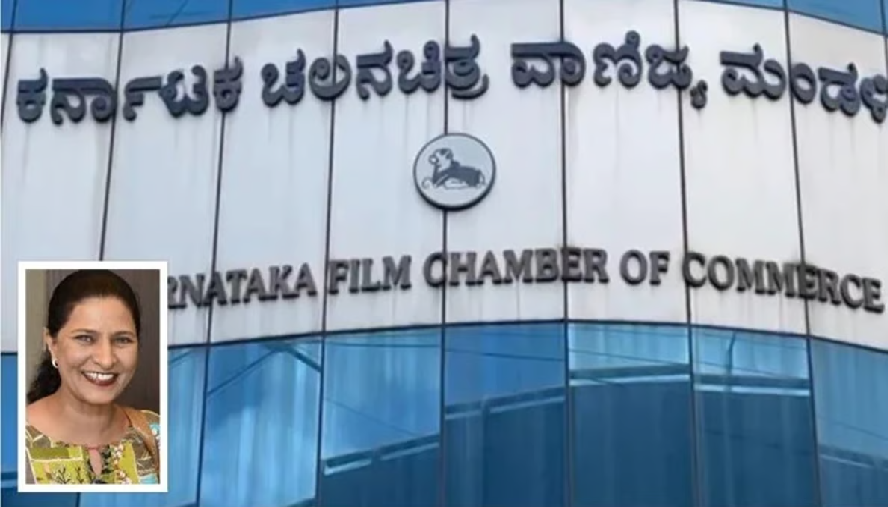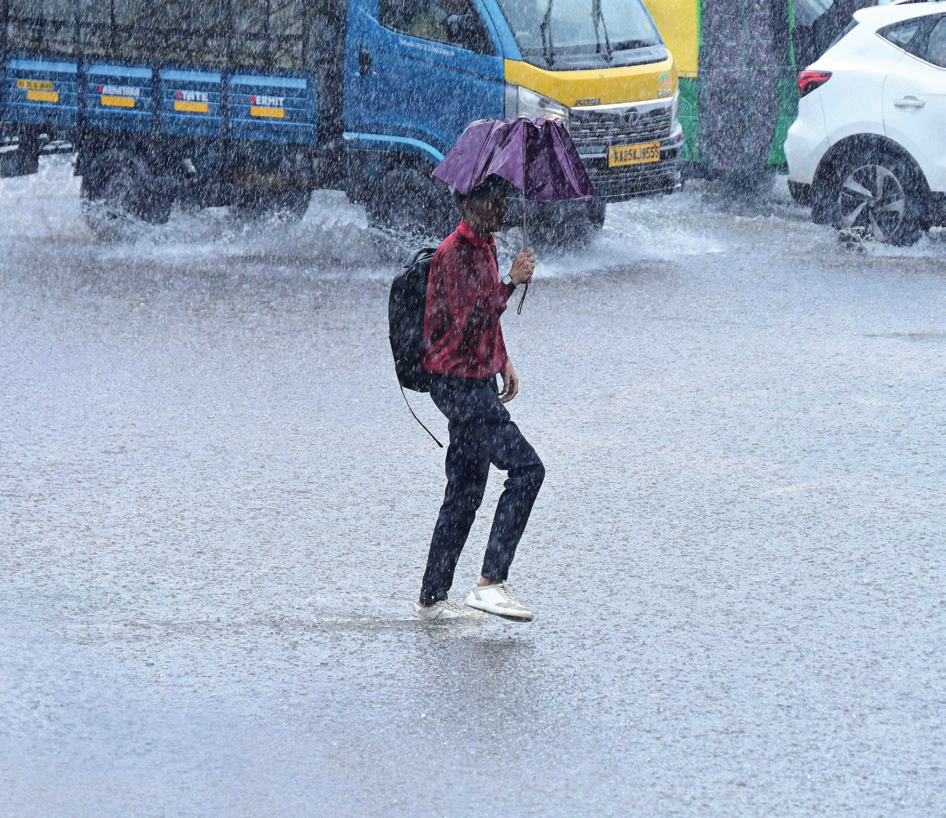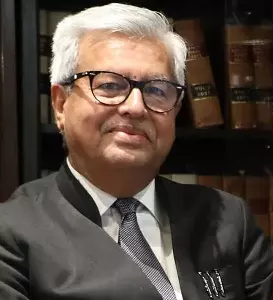
Ex-CJI did disservice to country by allowing mosque surveys: Dave
NT Correspondent
Bengaluru
Justice DY Chandrachud (former Chief Justice of India) has done a great disservice to the Constitution and the country by permitting surveys of mosques, a prominent lawyer and former president of the Supreme Court Bar Association Dushyant Dave has said. “I think that Justice Chandrachud has done a great disservice to the constitution and this country…I not only mean that but I feel if the Supreme Court is bound by its own judgment, day in and day out, this Supreme Court will haul up citizens, bureaucrats and politicians for contempt of its orders. What has Chandrachud done,” asked Dave in an interview with The Wire’s Karan Thapar on Saturday. He was referring to the violations of The Places of Worship Act,1991 through the surveys of mosques.
“Is he and his colleagues not guilty of defying Supreme Court judgments? Are they not responsible for breaking down the rule of law?” he added. According to Dave, as per the law upheld by the Supreme Court in its judgment, no suit is allowed when it comes to the places of worship’s character. “But Justice Chandrachud allowed it. The survey of Gyanvapi allowed by the bench led by Justice Chandrachud was the most shocking defiance of his own judgment. That has opened a Pandora’s box,” he said. At the end of the interview, Dave broke down and started to cry. His voice shook with emotion and his eyes filled with tears. He said: “I have sleepless nights thinking about this (Sambhal violence)”. He says “I am worried about my country … you don’t know how much this is impacting me … and how much it must be affecting those belonging to the minority community … it’s really sad what is happening … I can’t understand why no one in this country wants to stand up and fight this nonsense.” Dave’s words are a stark reminder there are secular-minded individuals within the Hindu community who stand up for justice and equality, fostering a sense of safety and belonging for minorities.
This is particularly significant as it contrasts with the feelings of alienation that some community leaders may inadvertently perpetuate. At a time when communal tensions can overshadow unity, such statements are vital in reaffirming faith in a secular India, where all communities can coexist peacefully.
 English daily published in Bengaluru & Doha
English daily published in Bengaluru & Doha

